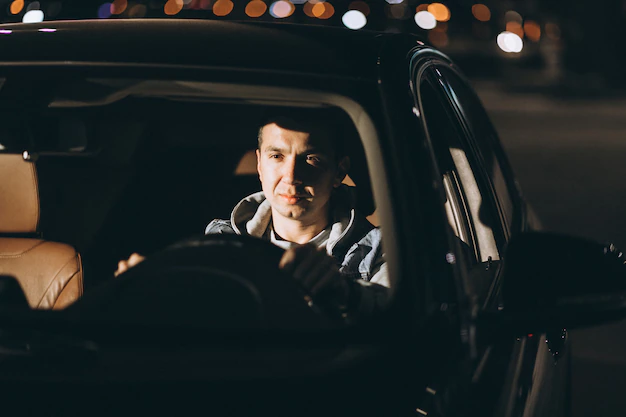Night Driving and Vision Problems

Driving at night can be challenging for anyone, but it can be especially difficult for people with certain vision problems. Poor night vision is a common complaint among drivers, and it can be caused by a variety of factors, including age, certain eye conditions, and certain medications.
One of the most common vision problems that can affect night driving is myopia, or nearsightedness. This condition causes objects in the distance to appear blurry, making it difficult to see clearly while driving. Other conditions that can affect night driving include cataracts, glaucoma, and macular degeneration.
In addition to these conditions, certain medications can also affect vision and make it more difficult to see clearly at night. For example, some antihistamines and antidepressants can cause blurred vision, drowsiness, and other side effects that can affect driving.
To reduce the risk of accidents and other problems while driving at night, it’s important to take steps to improve your vision and reduce the impact of any vision problems you may have. This may include using corrective lenses, such as glasses or contacts, to improve your vision, as well as taking steps to reduce the impact of glare and other factors that can affect night driving.
If you have concerns about your vision and how it may be affecting your ability to drive at night, it’s important to talk to your doctor or eye care professional. They can help you understand your options for improving your vision and reducing the risk of accidents and other problems while driving.
